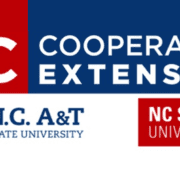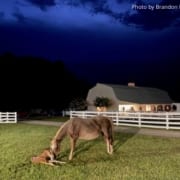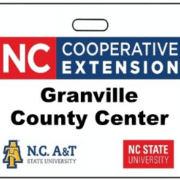Cooperative Extension “Winter Webinar” Series Discusses Small Ruminants
If you’ve always wanted to learn about goats and sheep and what kind of care they need, join the N.C. Cooperative Extension for its “Winter Webinar” series.
There are five different webinars that will take place via Zoom, and each one discusses different aspects of the care and management of small ruminants.
The first webinar is scheduled for Thursday, Nov. 7; webinars will be held monthly through March. Each session has a unique registration link.
Register here: https://www.ces.ncsu.edu/categories/agriculture-food/animal-agriculture/
The sessions are listed below:
- Nov. 7 – Goats 101 covers basic nutrition, health and management
- Dec. 5 – Hoof health, prevention and treatment of common hoof issues
- Jan. 9 – Opportunities with sheep and solar farms
- Feb. 6 – Livestock guardian animals – considerations and challenges
- Mar. 6 – Pasture management for small ruminants
Contact your local extension agent to learn more.
- Vance County: 252.438.8188
- Granville County: 919.603.1350
- Warren County: 252.257.3640
- Franklin County: 919.496.3344




